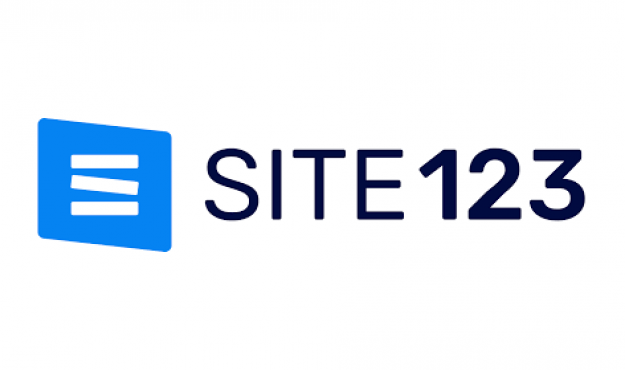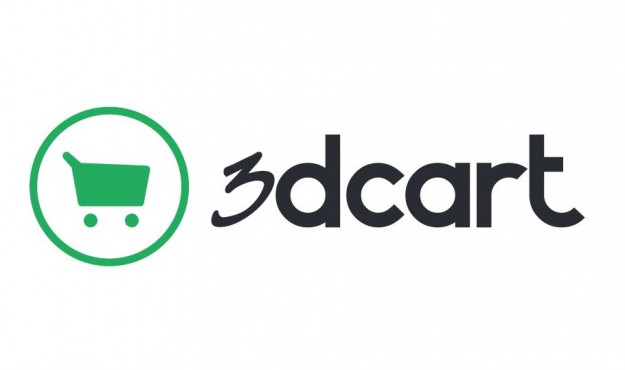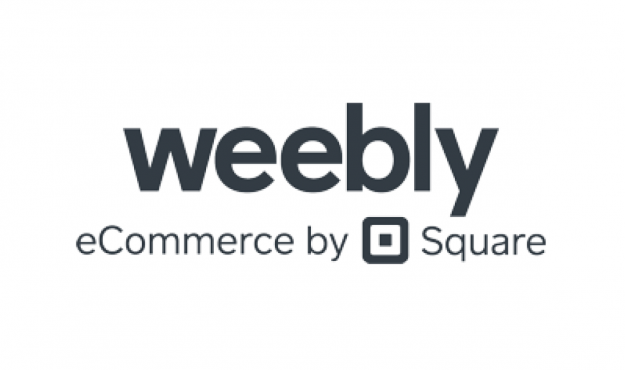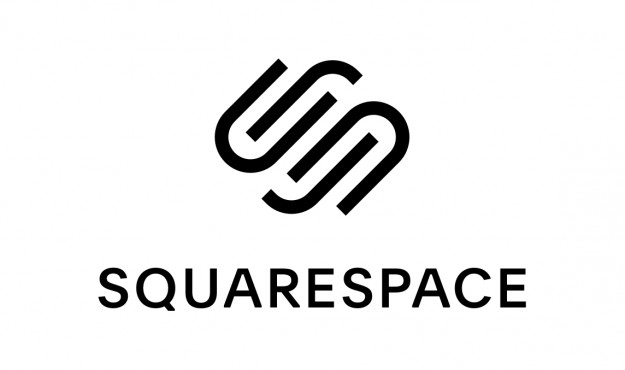


Site123
- 80 different currencies
- Create Coupons
- Price from: $7.80/mo
- Free trial: ✖
- Mobile optimized: -
- Payments: PayPal, Wire Transfer, Braintree, 2Checkout, Stripe
- Bandwith: 5 GB
- File storage: 10 GB

3dcart
- Over 200 Built-In Features
- Mobile-Ready Themes
- Price from: $19/mo
- Free trial: 15 days
- Mobile optimized: ✔
- Payments: Stripe, Braintree, Square, Amazon Pay, Visa Checkout, Google Pay
- Bandwith: Unlimited
- File storage: Unlimited


General
The creation of online stores using e-commerce platforms has never been as popular as it is now. And industry experts expect that it will continue to grow. People do more of their shopping online every year, and given the current pandemic, this has only accelerated.
Not even a few years ago, making an online store was incredibly expensive and restricted to large companies. This is because you needed to either be an expert coder yourself or hire one, particularly when it came to making it safe and secure.
E-commerce platforms developed to offer businesses the ability to open an online store without knowing how to code or investing large amounts of money. Given that not many businesses can survive now without generating revenue with e-commerce sales, it’s a massive help that e-commerce platforms have made operating an online store easy and affordable.

Business types
E-commerce platforms offer services for all types of businesses with different features:
- B2C - business to consumers. This type of business model is one of the most commonly used.
- B2B - business to business. Show your potential partners what you offer and make it easy for your partners to order your products or services.
- C2B - consumer to business. This is for individuals that want to sell their services to businesses as freelancers.
- C2C - consumers to consumers. Becoming more and more popular, this type of business is when people sell their goods and services to others, for example renting their property out.
Features and benefits
Before choosing a platform, you need to determine what you need from it, including how you want your storefront to look, how much traffic you expect, and what functionalities you need.
Here are a few things you should pay attention to:
- Bandwidth and storage space - Your bandwidth and storage are extremely important and will impact the speed of your website. The more traffic you expect, the more bandwidth you will need. And the more products you expect to offer, the more storage space you will need.
- Secure Sockets Layer (SSL) certificate - This certificate is essential for online businesses. You can not accept payments without one. Some e-commerce platforms include an SSL certificate when purchasing a domain name. For others, you will have to purchase one separately, and it can be costly. Make sure to know if one is included with the subscription plan or domain name you purchase or not.
- Payment types- Different platforms offer integration with different payment types, including credit cards and PayPal. We strongly suggest that you choose a service that complies with the Payment Card Industry Data Security Standard (PCI DSS) so that you can guarantee that all payment information will be secure.
- Design options - Be sure to check out the templates the platform offers to see if you can find one that suits your online store.
- Marketing - You may not think of them at the start, but marketing and analytical tools are essential to running an online business, so be sure they are included with your subscription plans or that you can connect to 3rd-party analytics services like Google Analytics.
- Mobile version - More than half of e-commerce transactions are done on mobile devices. Make sure that the e-commerce builder you chose optimizes the look and functionality of the mobile version of your store.
Price
E-commerce platforms vary in price, start from $5 all the way to hundreds of dollars per month. Make sure you know what is included with your subscription and whether you need all of those features or not. Also, make sure there are no hidden fees and ask the company if there are ways to upgrade your plan later as your customer base grows.
We highly recommend taking advantage of the free trials offered by most e-commerce platforms. This will let you see if it can be adapted to your needs and will be easy for you to use. Make sure to test everything in the given time period so that you can cancel if it doesn’t work for you.
